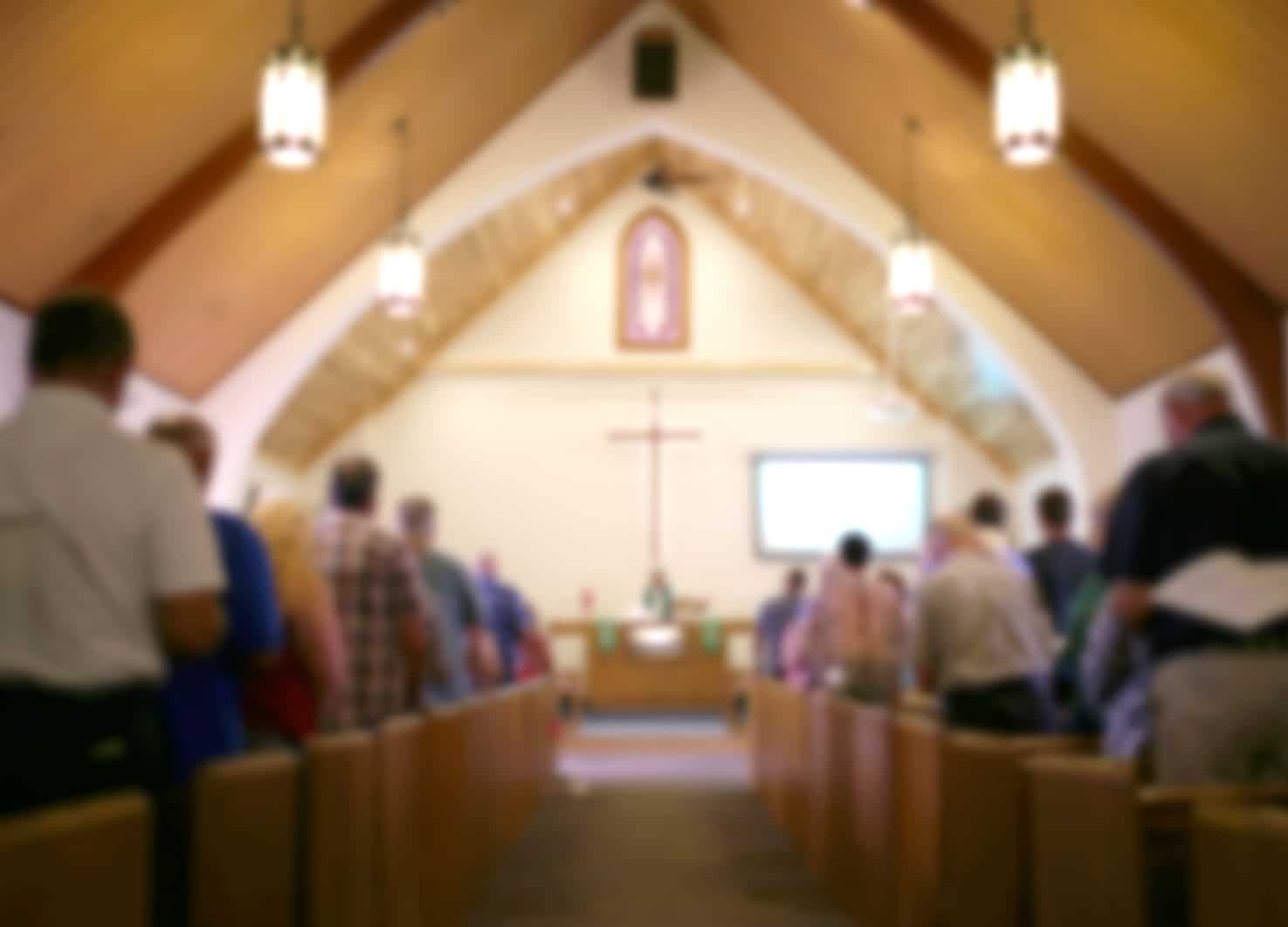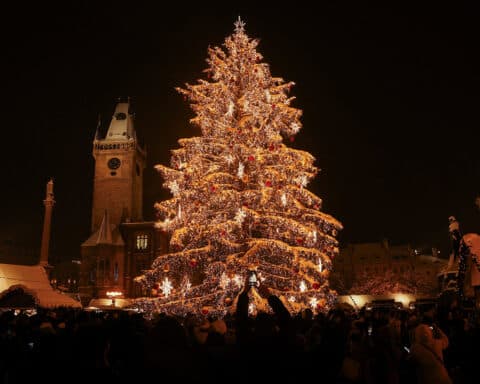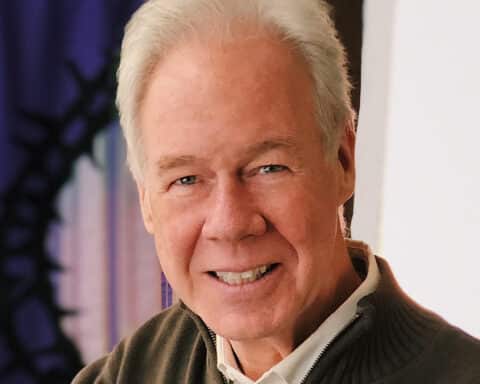Question: In the Bible, there is so much emphasis on keeping the Sabbath. Is going to church on Sundays in disobedience to God’s command since in the Scriptures there is nothing to back up worshiping on Sunday?
— Joseph Kamwendo, via email
Answer: It is true that we must keep all the commandments. However, we do more than “keep” the commandments; we fulfill them. To fulfill something means to “fill it full,” that is, to keep not only its letter but its implications. Hence, Jesus says regarding the Fifth Commandment: “You have heard that it was said to your ancestors, ‘You shall not kill ….’ But I say to you, whoever is angry with his brother will be liable to judgment, and whoever says to his brother, ‘Raqa,’ will be answerable to the Sanhedrin, and whoever says, ‘You fool,’ will be liable to fiery Gehenna” (Mt 5:21-22). So it is not enough to avoid committing murder, but one must also guard his heart from the things that lead to murder: unforgiveness, vengeance, dehumanizing attitudes, and so forth. This is what it means to fulfill the Law.
Now, the Third Commandment must be kept because it’s one of the Ten Commandments, which Jesus said we must follow to attain everlasting life. But there are aspects of it that are ceremonial or incidental. The Jews kept the law on the Sabbath of the week (i.e. on Saturday) because God rested on the seventh day of creation. But in Jesus’ resurrection, the Lord arose on the “eighth day” (Sunday) establishing a “new creation.” We arise with him and fulfill what God’s rest pointed to, still maintaining the duty, we have to render him praise and adoration, but doing so now in the new creation. It remains true that those who omit this sacred duty on Sunday commit grave sin since it disobeys the heart of what is commanded (cf. Catechism of the Catholic Church, No. 2181).
The early Church
How and when this change from Saturday to Sunday took place in the early Church is not clear. In the earliest page of the Acts of the Apostles, it seems that the disciples gathered in the Temple area on Saturday for the Sabbath prayers (the Liturgy of the Word) and later (probably on Sundays) gathered for the “Breaking of the Bread” (The Liturgy of the Eucharist). With their increasing persecution from fellow Jews and ultimate expulsion from the synagogues, it seems the move of everything to Sunday happened during the early years of the apostolic age.
This is hinted at by St. Paul when he teaches on the Sabbath: “Let no one, then, pass judgment on you in matters of food and drink or with regard to a festival or new moon or sabbath. These are shadows of things to come; the reality belongs to Christ” (Col 2:16-17). This implies that the observance of many Jewish ceremonial and customary norms no longer binds Christians. This would include things like kosher diets and a plethora of Sabbath regulations regarding work on that day. But it also includes calendar matters such as Jewish feast days and the way in which the Sabbath is kept.
Further, the Letters to the Hebrews says: “For he has spoken somewhere about the seventh day in this manner, ‘And God rested on the seventh day from all his works’; and again, in the previously mentioned place, ‘They shall not enter into my rest.’ … Now if Joshua had given them rest, he would not have spoken afterwards of another day. Therefore, a sabbath rest still remains for the people of God. And whoever enters into God’s rest, rests from his own works as God did from his” (Heb 4:4-5, 8-10).
So this teaches that the Jewish “seventh day” has been superseded, or, more properly, fulfilled in “another day,” that is a new “Sabbath rest … for the people of God.” What day is this?
Other Scriptures supply a hint at the move to Sunday when we see Christians meeting to worship the Lord, receive Communion, take up collections — apart from the synagogue. These cases are often referred to as taking place “on the first day of the week” (Acts 20:7; 1 Cor 16:2).
Thus, for us, on the authority of the apostles to bind and loose, the Third Commandment is fulfilled on Sunday when we obey the command to worship the Lord. The commandment is not set aside, neither is it merely kept; it is fulfilled.





